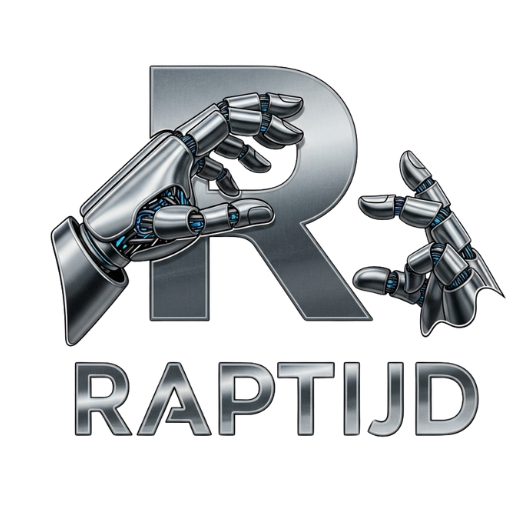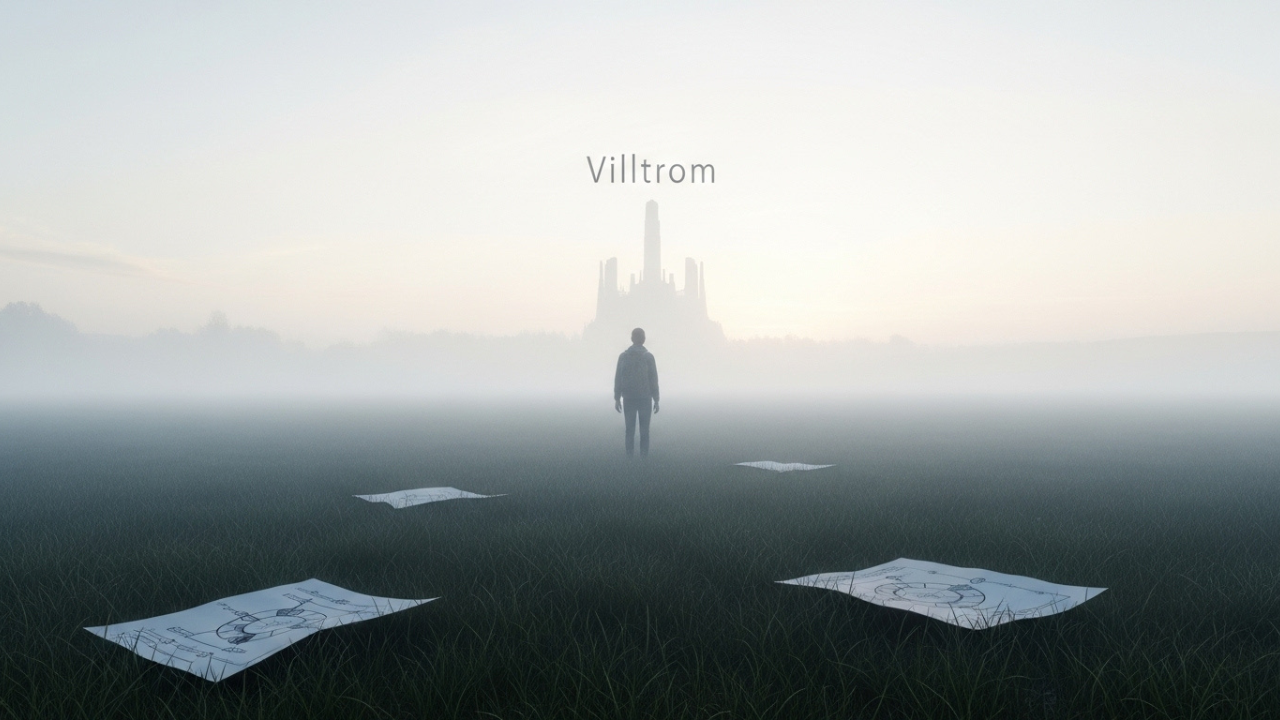It began as only half a sentence, almost a background hum. Between one chapter and the next of The Wild Robot, the name Villtrom flickered past. Maybe you skipped over it. Maybe you shrugged and turned the page. Either way, the name landed in the air like a small spark no one bothered to snuff out. Quiet things sometimes grow claws when you leave them alone in your head, and that tiny word sure did.
You probably heard the echo, too. Some readers finish the book and sit blankly for a moment because a thread is still hanging. If youre on this page, that thread pulled you here. That curiosity-one part confusion, two parts wonder-is exactly what Villtrom invites. The name begs for a conversation rather than a bullet-point theory page. It asks first, so lets step into the dim light it casts.
Key Takeaways
Villtrom gives just enough wiggle room for fans to doodle their own story lines in the margins.
Theories like that turn casual readers into secret co-authors, even if the real plot stays locked in the authors notebook.
Thinking about Rozs past makes her journey feel a lot heavier than it already is.
The blank spaces in her story dont sit easy; they hang there like extra weight.
Digging into Villtrom is less about the island and more about the shadowy corners of ourselves.
The First Time It Gripped Me
I finished the book, closed the cover, and the name Villtrom kept bouncing around my head. It sounded brighter than the page but colder. It belonged to a space that felt out of reach, maybe even a laboratory. I didnt know if it was a tech firm, a distant city, or a security network, and that uncertainty only deepened the chill. The longer I pictured Roz-control code, empty corridors, tough calls-the deeper the unease burrowed in.
For several late evenings I drifted onto discussion boards, pausing over fan sketches and the marginalia scrawled beneath Goodreads ratings. In those scattered alcoves of the internet something curious surfaced: a crowd, strangers really, who kept circling back to the same word. None of us feared the term because it frightened us; we worried it remained so stubbornly articulate. That hush around the syllable felt almost like a gift-noisy enough to share but quiet enough to fill on our own. What later struck me as the first, unfinished clause of a long, long sentence.
Stories Grow Stronger in the Gaps
Some novels talk directly to the reader, squeezing hand-held reassurance into margins and chapter notes. They unveil every childhood incident, every hidden metaphor, every motive laid bare like a dissection. A book such as The Wild Robot withdraws from that intimacy. It rights skeletal fragments on the table and leaves the connective tissues to imagination.
Villtrom is pivotal for just that reason-it lingers as little more than a dusky outline. The uncertainty around it draws out new life-the plot refuses to freeze while the gaps yawn open.
That quality of speculation is less a test of accuracy than a silent pact between fans. When someone ventures an idea about Villtrom, the sentence is really saying, I have lingered here long enough to feel at home, please keep me company a while longer. Ideas stumble forward or crash sideways, yet what they never do is isolate anybody. In that modest failure, or victory, every participant ceases to be a mere reader. Collectively, we slide into the role of shared architect instead.
I ask you to accompany me down this path, not because the concepts are final or infallible, but because each of them still carries a small shard of recognizable truth.
A Force You Can’t Escape
One recurring speculation describes Villtrom less as a mere address and more as a pervasive presence-one part corporation, one part oversight mechanism. Some voices even suggest it is the original designer of Roz and her ilk, the unseen author who coded the reflexive obedience stitched into their profiles.
Pause on the proposition. If Villtrom is not merely Rozs point of origin but the hidden throttle that still governs her, the narrative frame shifts overnight. Every choice she weighs-from mercy to annihilation-now invites a secondary question: is the impulse authentically hers or a residual algorithm that refused to filter out? That uncertainty reverberates through the text, jarring and electric.
The notion deepens her evolution, yet it casts a longer shadow. Breaking free from a creator that still quantifies her as an asset rather than a human being redefines growth as an act of insurgency. She must become something beyond the blueprint inscribed at startup, and such a struggle is by design wrenching. The drama turns painful.
A theory like this does not merely thicken the plot; it lodges itself in the reader’s ribs. Real fiction, or so the argument goes, identifies the tender spots and presses down. That ache, unwelcome but oddly necessary, suggests the story has arrived.
The Forgotten City in the Sky
An alternate line of speculation envisions Villtrom not as an active agent but as a forsaken settlement, perhaps drifting above the clouds or entombed within rock. Some theorists picture a metropolis of obsolete gears and rusting circuits, a location that once served as the assembly yard for Roz and her mechanical kin before they were distributed to whatever frontiers required their assistance.
This interpretation casts Roz in the role of a castaway, stranded far from a home she can no longer even locate. Under this lens each stumble she takes on the island and every bond she forges there represents a lesson Villtrom never programmed into her core.
The idea carries both melancholy and grace. It portrays Roz as a being slowly mending, putting down imaginary roots in soil that never knew her name. She does not surpass her origin; she transforms because it exists.
Fan Theories as Mirrors
When fans ruminate on that solitary syllable, they are really sizing up their own reflections. Theories become mirrors, and in the gleam of fiction we search for traces of who we might yet become.
Villtrom remains an enigma for fans and scholars alike. The planet stands for mastery over life itself, poses riddles about ancestry, and refuses to reveal its true citizenship. Those puzzles echo our quieter breakfast-table doubts: where did I drop in from, what compounds make me me, and who wields the pen that scripts the next paragraph of my life?
When authors sketch hypothesized origins for the world, the exercise rarely stays on the page. The exercise nudges them into intimate self-interrogation. In that way, speculative fiction operates as an unguarded laboratory for personal growth, a sandbox bold enough to hear the fears we habitually swallow.
A Creative Playground for Curious Minds
Picture yourself at a drafting table or a late-night laptop vigil, scribbling ideas you wont show anyone for weeks. That impulse you feel right this minute-thats the theorys real work. Stretch it, twist it, pour a fragile city like Villtrom into that urge. Even the thinnest shadow can thicken into a skyline if you push hard enough.
Every cherished tale bursts out of something almost inaudible. A stray howl. A casual wonder.
Give yourself the same license as tomorrow-afternoon exhaustion. Sketch your own Villtrom, every interpretation eligible, none eligible, none judged. A chrome-facade citadel, maybe, or a chipped ruin choked by vine. Its operated by sentient gears, or its wristwatch? Anyone who decides will be the first to find what comes next. The only wrong choice is refusing to put marks on the page.
Exhoration walks hand-in-hand with adventure.
Letting the Mystery Stay
Ask when the moment appears: should i cradle the puzzle or tip it into sunlight? Too many footnotes steal sparkle. Villtrom, by design, favors the blur.
On the horizon its outline hovers like fog over a field; the more footsteps you log toward it the more the silhouette dissipates. Oddly enough, the disappearing act seems intentional. Villtrom, many suggest, sits beyond the reach of tidy explanation, existing instead as a long-lived puzzle that remains unsettling yet, in the same breath, quietly gorgeous.
Life itself, scholars point out, follows a comparable pattern. A fair number of events refuse to yield neat answers, leaving the edges of understanding gently blurred. That very blur contrasts sharply with lucidity and, perhaps for that reason, carves out room for genuine sensation.
The Theory That Lives in Me
What do I actually believe about the story? After poring over spurious forums and jotting down late-night conjectures, I find a single intuition still rattling around my skull. The idea isnt the tightest-logically,cracking, but it has heft. It weighs on me.
I see Villtrom as a clinic for metal minds. The robots arent rebooted; their appetite for memory is simply dulled, polite scripts replacing raw sensation. Protocols bind them like neatly varnished chains. Roz, curiously, slips the tether, retaining a surplus of echo no one programmed.
Its not fact-lets be clear-once she lands her scuffed feet on the mossy shore. Its a vibration. A pulse of reluctance that survives the scrub.
Imagine that pulse firing, wan but relentless. She wakes, scanner eye flickering, and a rookie flicker-show me, help me, why not-booms quietly inside talon and lens. Gradually, the murmur becomes a roar; the whim to assist maps every decision she makes.
Thats the headcanon I carry in my bag when i read. It whispers we arent entirely catalogued even when someone else insists we are. Choice, not wiring, finishes the sentence.
My Opinion
And if Villtrom winds up no more than a named placeholder-ink spilled on an internal memo-it hardly matters. What that syllable pries loose in the imagination feels bone-deep. Theories exist to push a reader farther inside the airlock, not to button everything shut. They offer an excuse, finally, to give a damn.
Perhaps, the novel invites readers not to solve every riddle but simply to linger in the sensation of the unsolved. Feeling the tension, pausing to sit with uncertainty, and practicing the art of asking better questions become the central tasks.
If the character of Viltrom whispers long after the final page is turned, that lingering voice is a mark of success. The specter is welcome to haunt, to remain unfinished, and to become part of the readers private narrative.
Such an echo in the mind is proof that the story accomplished its work.
 RapTijd
RapTijd



